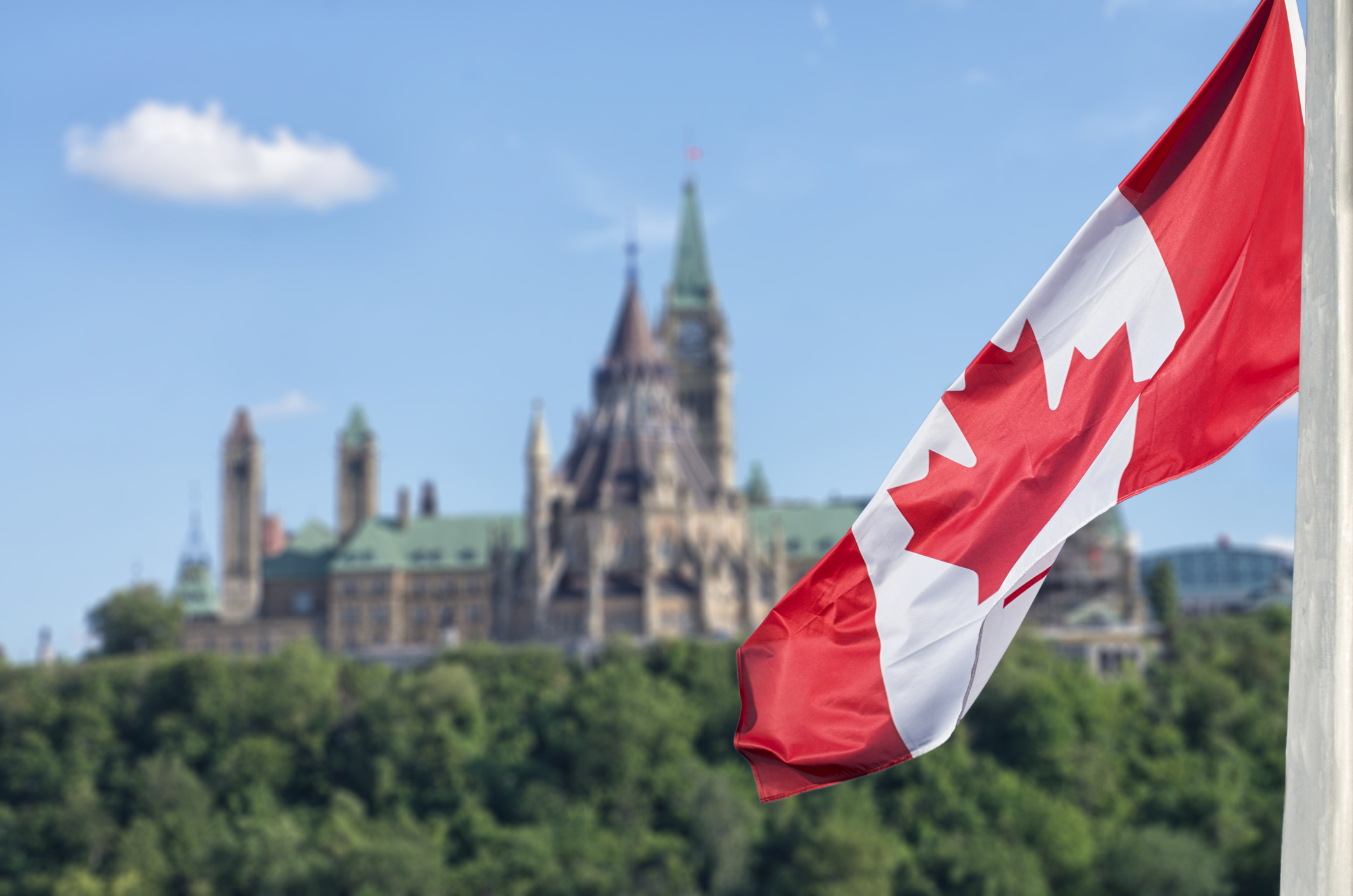CRA Numbers Show Luxury Tax Destroys Jobs and Hurts Local Businesses

The recent revenue results released by the Canada Revenue Agency (CRA) since the luxury tax's September 2022 implementation confirm the marine industry's dire predictions of a significant market disruption. Despite strong opposition by the recreational marine industry, the luxury tax implemented an additional 10% tax on boats more than $250,000.
Across Canada, recreational boating creates more than 75,000 jobs that support more than 4,800 businesses. Roughly 60 percent of boat owners have a household income of less than $100,000.
“NMMA Canada manufacturers have repeatedly expressed their concerns about lost jobs, a significant decrease in consumer demand, and an increase in the cost of doing business due to this onerous tax,” said Marie-France MacKinnon, executive director of the National Marine Manufacturers Association (NMMA) Canada. “The 1991 U.S. luxury tax failed and was repealed. We are now witnessing a similar scenario unfolding in Canada. To protect Canadian boat builders, workers, and consumers, the luxury tax needs to be repealed.”
Prior to the implementation of the luxury tax, the Office of the Parliamentary Budget Officer (PBO) released an analysis in May 2022 estimating that the vessels category would generate $18 million for the 2022-2023 period and an additional $34 million for the 2023-2024 period, totaling $52 million over 24 months.
The CRA data from September 1, 2022, to June 7, 2024 show that 450 vessels were subjected to the tax, with total collections amounting to $12,040,000 — falling $40 million short of the PBO's projections. With market inventory for vessels over $250,000 nearing record lows, it is clear the CRA grossly overestimated the amount of revenue that would be collected.
“With consumers openly refusing to pay the tax and dealers refusing to speculate on the inventory, the government projections were sure to be missed,” added Rick Layzell, President of the Canadian Marine Retailers Association (CMRA). “We have already witnessed the disappearance of over 100 rural Canadian jobs as the lost opportunities of hauling, detailing and servicing these boats have disappeared.”
The recreational boating industry strongly urges the government to repeal this tax. The impact on the Canadian marine industry is severe, with notable declines in sales, HST revenue, and employment. The federal government must allow the recreational boating industry to return to its positive role in benefiting Canada’s economy.
About CMRA: The Canadian Marine Retailers Association represents over 800 member companies in Canada involved with retail sales and services in the recreational boating Industry. The mission of the association is to provide a national advocacy voice for issues affecting the retail sector, and to promote the industry at the national level.
